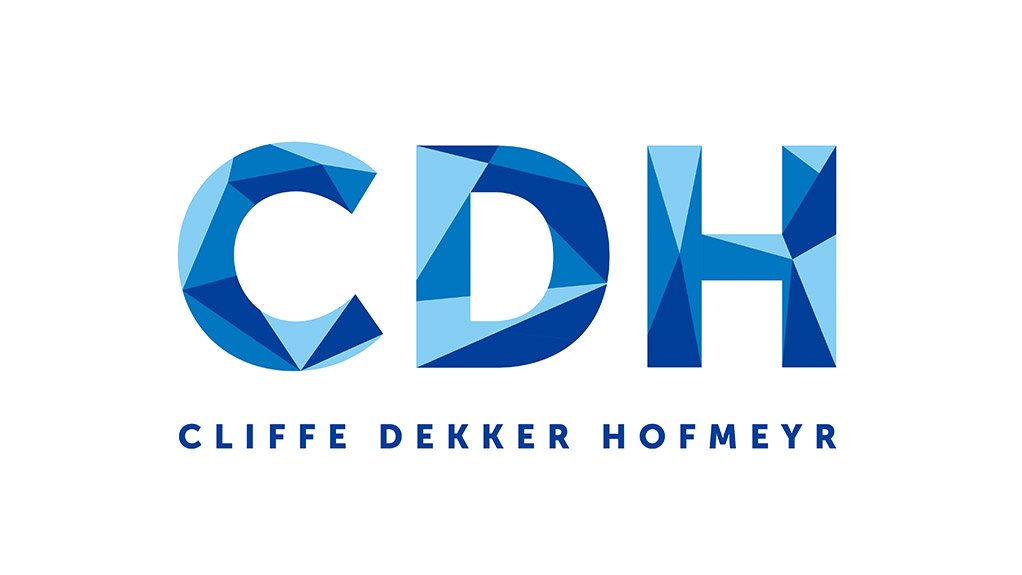In many ways, South Africa is a leader on the continent in terms of protections and equal treatment for LGBTQIA+ people. Our constitution clearly prohibits discrimination on the basis of gender and sexual orientation and the Employment Equity Act prohibits unfair discrimination in the workplace that is based upon sexual orientation and gender, among other things. The harassment code also includes harassment on the basis of sexual orientation as a form of workplace harassment.
However, in practice, much of the discrimination that LGBTQIA+ women face is compounded because they experience both gender discrimination and marginalisation based on their sexual orientation. According to research company Kantar’s 2024 survey, Diva, only 63% of respondents felt that their direct manager supported them for being open regarding their sexual orientation and or gender identity. The aim of the survey is to examine the lived experience of the LGBTQIA+ community in the UK, US, India and South Africa and "shine a spotlight on the challenges faced by the LGBTQIA+ community." Additionally, only 40% of respondents felt comfortable enough at work to talk about their sexual orientation and only 39% their gender identity.
It is not uncommon both locally and internationally for LGBTQIA+ women to be vulnerable to increased violence and harassment. These kinds of attacks range from verbal harassment to instances of serious physical harm. According to Kantar’s survey, the most frequent type of negative conduct experienced by LGBTQIA+ people in South African workplaces is verbal harassment and disclosure of information. The survey indicates that these ‘micro-aggressions’ are often the most difficult to prove or to confront as they range from ‘unintentional hurtful comments to offensive slurs’. Disclosure of information occurs when someone discloses a person’s sexual orientation or gender without their consent. The survey suggests that this is a result of social etiquette norms which have not progressed to appreciate a context that is accommodating and inclusive of diversity and ways of living that may not align with heteronormative standards or expectations.
Factors such as race, socioeconomic status, and gender identity also impact the effectiveness of legal protections for LGBTQIA+ women in the workplace. While the legal position is clear in terms of what constitutes unfair discrimination, there is sometimes a lack of awareness on how multiples forms of marginalisation intersect to create particularly unfortunate circumstances for many people, including and sometimes especially for women. Women of colour and impoverished women of colour tend to suffer more. Transgender women often have a far more difficult time in being understood and accepted, even when it comes to everyday practices such as preferred pronouns, name changes or dress. According to Kantar’s survey, transgender people on average faced higher levels of discrimination in the workplace across all areas compared to other LGBTQIA+ people.
Employers need to be more cognisant of these intersections and alive to the impact that their policies and the prejudices of people in the workplace can have on the wellbeing and inclusion of LGBTQ+ people.
There are several judgments that have paved the way for greater recognition of LGBTQIA+ rights in terms of privacy, marriage equality, discrimination, and other benefits that were ordinarily available to heterosexual couples only. More recently in the workplace, both the legislature and this year, the Court, have provided increased parental leave for same-sex couples, which affects LGBTQIA+ women. Where this will ultimately land is yet to be seen when the matter will be decided by the Constitutional Court. Our courts have also come out clearly in respect of prohibiting discrimination by employers because of a person's sexual orientation or gender identity.
It is therefore important for legal professionals to work with organizations to ensure that their policies and practices not only comply with our evolving anti-discrimination laws but also actively promote an inclusive and supportive environment for LGBTQIA+ people, including women. Employment lawyers can be effective by advising employers of their obligations in creating and maintaining a safe working environment that is free from harassment and discrimination.
A first step is for businesses to ensure that they have LGBTQIA+ representation when making decisions in this regard and this must include LGBTQIA+ women. Employers should also review their policies to identify any bias or inequality in treatment based on gender and sexual orientation and remedy these by amending their policies. Where an incident of discrimination or harassment is reported, an employer must take it seriously and act immediately to eradicate the discrimination or harassment.
While South Africa’s progressive legal landscape creates the theoretical framework for inclusion of LGBTQIA+ women in places of work, employers must work with legal specialists to implement the spirit of these laws and practices within the workplace and business operations. A proactive approach can reduce, and hopefully eradicate, discrimination based on sexual orientation, for all LGBTQIA+ people, particularly women.
Written by Nadeem Mahomed and Asma Cachalia, Directors in Employment Law at Cliffe Dekker Hofmeyr
EMAIL THIS ARTICLE SAVE THIS ARTICLE ARTICLE ENQUIRY
To subscribe email subscriptions@creamermedia.co.za or click here
To advertise email advertising@creamermedia.co.za or click here











